8 ways to enjoy eating during and after chemo
Nutrition strategies for people treating cancer with chemotherapy.

Meals should be your time-out from everything medical—a chance to rest, build your strength and enjoy the company of loved ones. During chemotherapy or after finishing chemotherapy, eating healthy, satisfying foods every day also can help you:
- Stay strong, both mentally and physically
- Tolerate your treatments
- Protect your good cells against damage from chemo
- Fight cancer by boosting your immune system and building your energy stores
However, side effects like mouth sores and nausea can create stress and pain, and keep you from getting the nutrients you need. Here are eight expert-approved tips to help you beat the discomfort and enjoy your food once again.
Medically reviewed in December 2020.
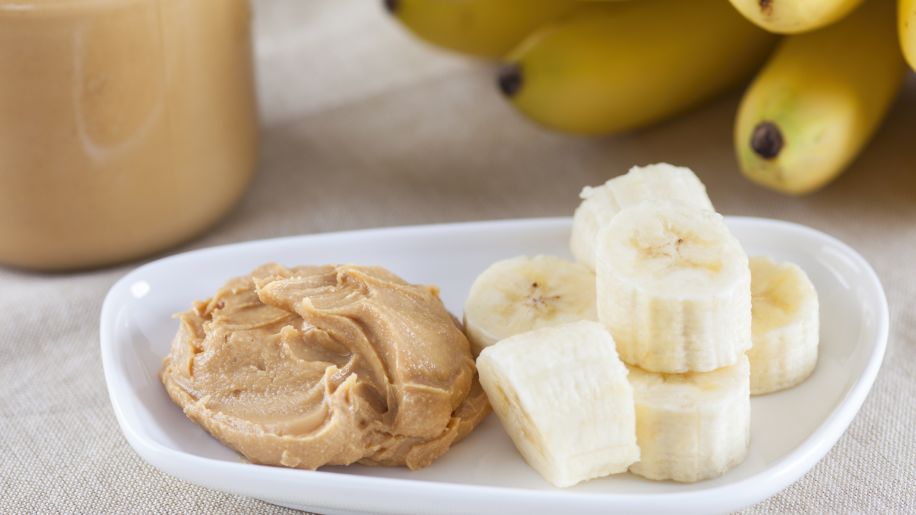
Eat small meals throughout the day
“Large meals can feel overwhelming when you have a poor appetite," says Kelly Kugler, RD, a registered dietitian at Holy Cross Hospital’s Michael and Dianne Bienes Comprehensive Cancer Center in Ft. Lauderdale, Florida. "A big plate might make you not want to eat anything, even though you could probably take a few bites."
If a full meal is too much, Kugler recommends munching small snacks every few hours. The key is to bulk up your snacks with extra protein and calories to really make them count.
- Spread peanut butter or cottage cheese onto fruit.
- Scoop sour cream or parmesan cheese onto savory foods like veggies and soups.
- Add whey protein to smoothies, oatmeal and yogurt.
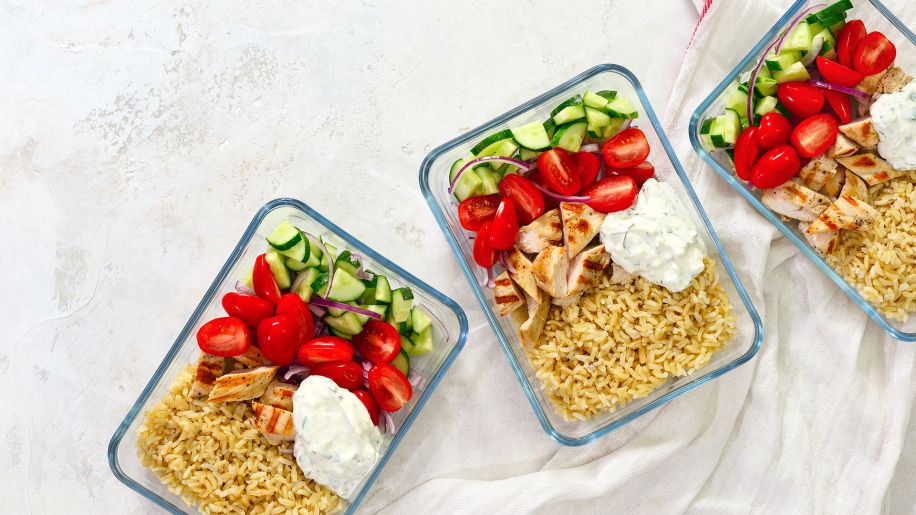
Keep quick-fix meals on hand
When you have unpredictable side effects like nausea or a poor appetite, you never know when you might actually be hungry. Since windows of opportunity may not last long, it helps to have ready-made food on hand.
“Store things that you can grab-and-go, like hard-boiled eggs, string cheese, snack bars, yogurt or cottage cheese," Kugler says. "Fast, high-calorie snacks can keep you from missing the chance to eat because you won’t have to spend time cooking something.”
Consider prepping meals ahead of time.
- Make a hearty soup or stew, then freeze it in single-serving containers.
- Keep sliced grilled chicken, tuna or egg salad in the fridge for easy sandwich or salad toppings.
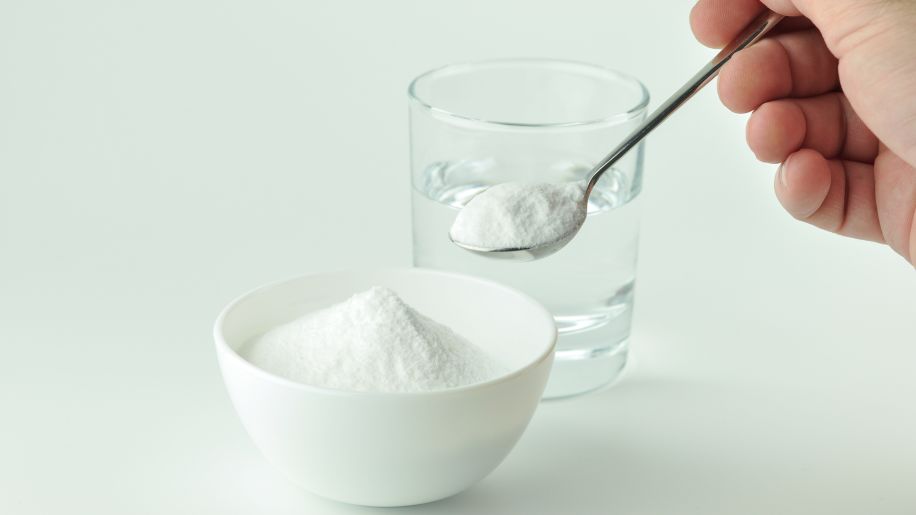
Soothe and protect your tender mouth
Chemotherapy can cause mouth sores that make you dread eating even your favorite meals. “To lessen the pain, eat foods at room temperature, instead of very hot or cold,” says Kugler. “Using a straw to direct drinks and broths away from open sores can help too.”
Stay away from rough, dry foods like crackers, as well as spicy, and acidic foods like salsa, which can irritate sores. Instead, try cream of wheat, pasta and yogurt, which can comfort your mouth—just check the yogurt ingredients for harsh citric acid before digging in.
Finally, rinse with this soothing, homemade mouthwash as needed for relief and freshness:
- 4 cups water
- 1 teaspoon salt
- 1 teaspoon baking soda
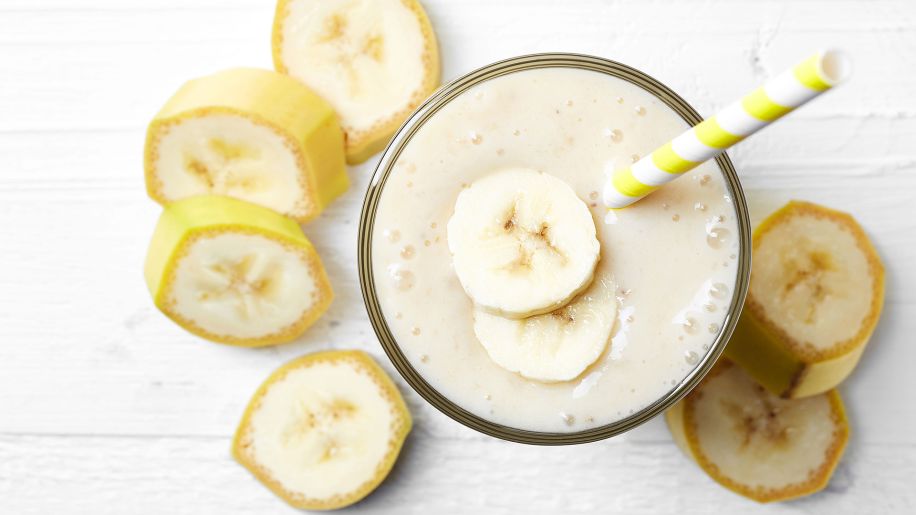
Drink your way to wellness
Nutrient-rich beverages can help you get the calories and protein you need when solid foods just aren’t possible. Pre-made supplement drinks, shakes and smoothies are great, but there are also delicious recipes you can make at home, says Kugler.
The American Cancer Society offers a list of satisfying shake recipes in their Nutrition for the Person with Cancer During Treatment Guide, available on their website.
Whether you’re blending an indulgent shake or pureeing veggies for a nutrition-packed soup, give it a protein boost with a fortified milk base:
- 4 cups milk
- 1 cup powdered, fortified milk
Blend and chill in the refrigerator for 6 hours. Enjoy as a drink or add to recipes.
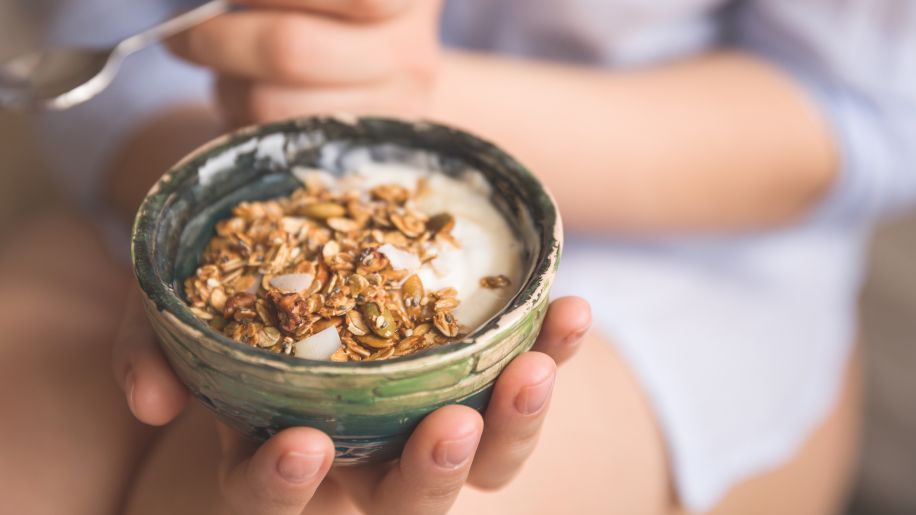
Offset daily naps with snack breaks
Feeling completely exhausted all the time is a common side effect of chemo. It can also signal a change in one of your blood cell counts, like your number of red blood cells. So tell your doctor if you feel too tired to eat or complete everyday activities.
Getting enough rest is important but sleeping all day leaves little time for eating the food your body needs. It can also reverse your sleep cycle, making it harder to fall asleep when you actually want to. Try taking 3 to 4 naps during the day, but wake up for snacks, drinks and some light activity between sleep sessions.
If you're only eating a few small meals throughout the day, make them as calorie-dense as possible, by adding ingredients like:
- Cheese on omelets and sandwiches
- Granola on top of yogurt, oatmeal or pudding
- Dried fruit in cakes, cookies and breads or on rice or oats

Don’t let dehydration sneak up on you
Nausea, vomiting and diarrhea can keep you from getting—or keeping down—the fluids you need. And being dehydrated can worsen treatment symptoms, especially exhaustion. Drink one glass of liquid after each episode of diarrhea and sip clear liquids about 30 minutes after vomiting stops. These can include:
- Broth, which will help replace lost sodium
- Fruit juice or nectar, which can replenish potassium and sugar
Also, try using ginger to hydrate and help settle your stomach at the same time. Boil it for tea or chop and add it to club soda for fresh ginger ale, suggests Kugler.
Staying hydrated fights constipation, too. Warm prune juice can get things moving.
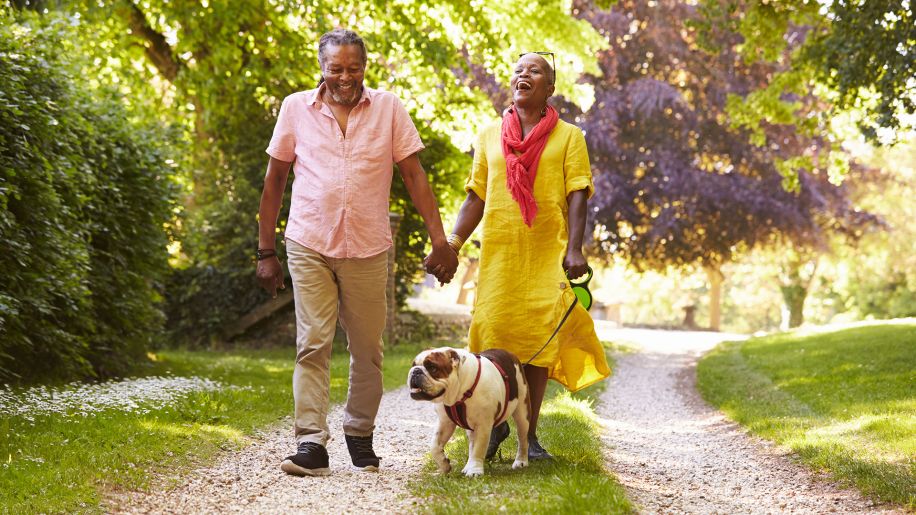
Exercise to up your appetite
It might come as a surprise, but physical activity can actually help you feel less tired and increase your appetite. Adding some exercise to your day, even if you start small, can also:
- Keep your bowels moving regularly
- Fight nausea
- Reduce stress and depression
If you haven’t been feeling up to exercise, start with just five or ten minutes of walking at a time. Then, add a few minutes each time you go for a stroll.
“For a lot of people, exercise might not seem possible," Kugler says. "But even if you could just do a little walk or some seated exercises, it can actually help you work up an appetite.”

Eat for better digestion
Cancer treatment, like chemo and medication to manage related pain, can wreak havoc on your bowels; both diarrhea and constipation are common. Specific foods can't completely resolve these issues, but knowing which foods and drinks to choose during these episodes can be helpful.
Getting plenty of fluids—at least 8 cups a day—and sipping hot tea or warm lemon water can help relieve constipation. If you're constipated, add high-fiber foods, like dried fruits, whole grain cereals and beans to your diet. People with certain types of cancer shouldn't eat too much fiber, so speak with your healthcare provider before making any dietary changes.
Certain foods can make diarrhea worse. If you're experiencing a bout of diarrhea, skip fiber-rich foods, greasy or fatty foods—like french fries—hot sauce, foods and drinks with caffeine and sugary foods and beverages. Sipping your drinks at room temperature can also help. During episodes of diarrhea, your body can lose sodium and potassium. Replenish your levels by munching bananas and potatoes and sipping broth.
Tracking what you eat can help give you an idea of the foods that soothe or worsen your digestive discomfort. It also helps you keep track of how much and what kinds of food you’re eating by using an app or a journal.
It's possible to enjoy mealtime, even during cancer treatment. Your doctor will always be your best resource, so reach out with any questions and concerns and for food and drink suggestions.
Featured Content

article

article
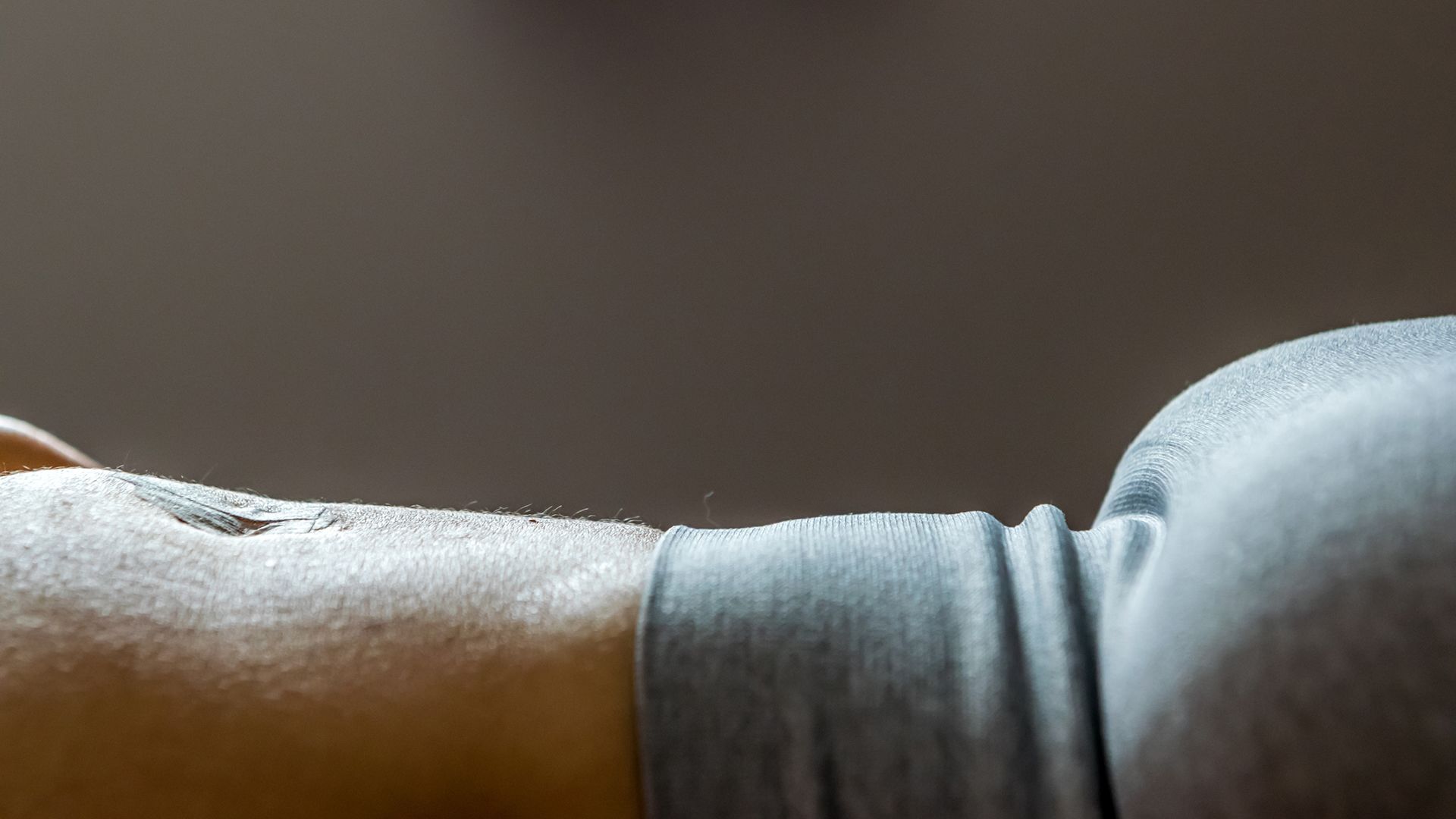
article


video
